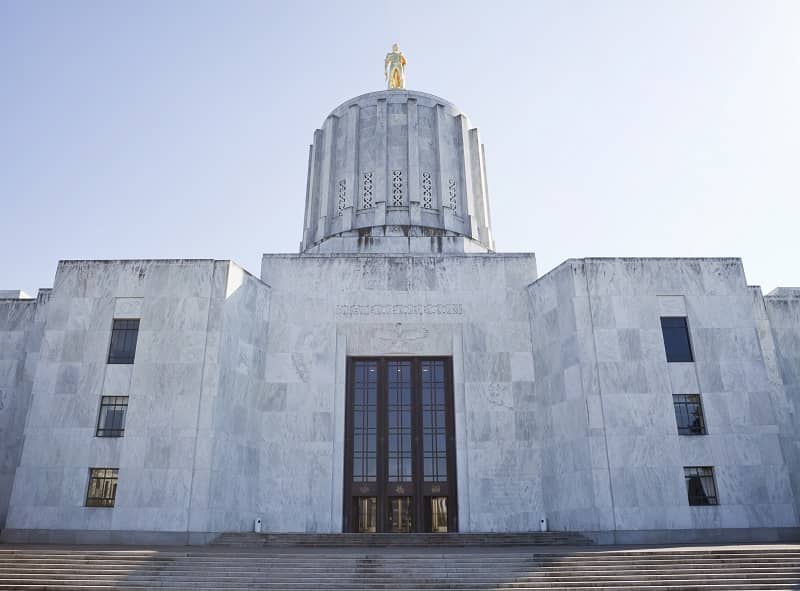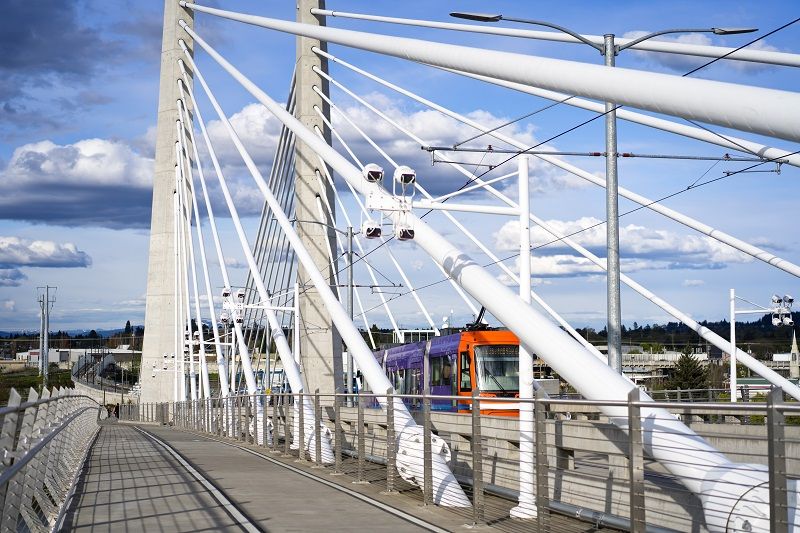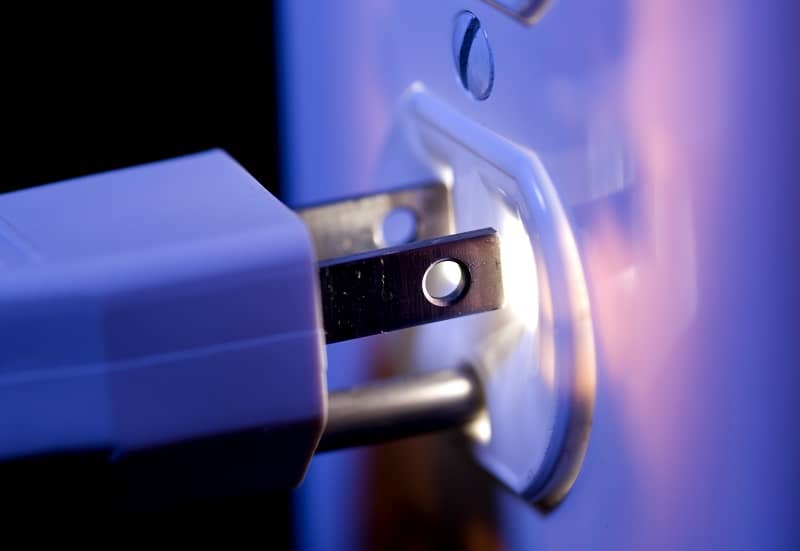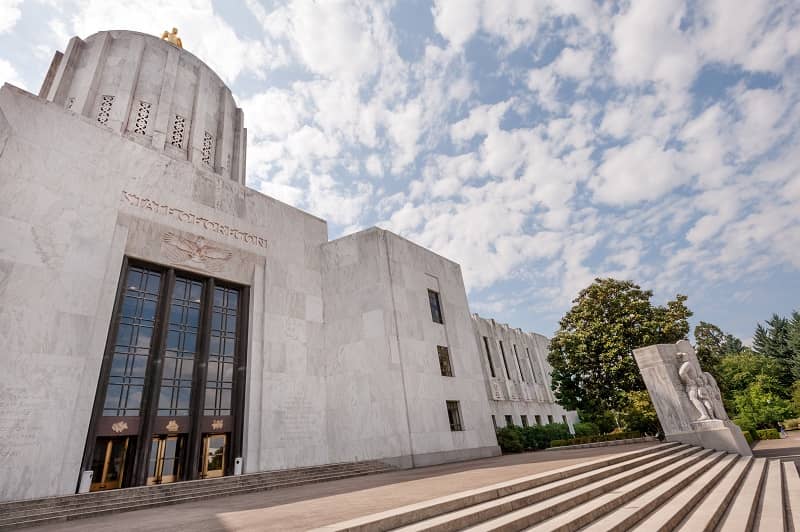Update: Last month, House Bill 2287 passed out of the House Education Committee. Next week, the House is scheduled to vote on this bill.


Testimony to the House Education Committee
Re: H.B. 2287
February 4, 2011
by Christina Martin
Chair Wingard, Chair Gelser, Members of the House Education Committee,
My name is Christina Martin, I am a policy analyst with the Cascade Policy Institute, a non-profit, non-partisan, public policy think tank. Cascade researches policy issues including education reform.
After seeing The Lottery, The Cartel, and anticipating Waiting for Superman, I wanted to know how many of Oregon’s children were on waiting lists to get into a school of choice – a public charter school. So I contacted every charter school in the state. As you can imagine, it is not easy to get a hold of busy school administrators to find out how many kids were waiting. However, out of Oregon’s 108 charter schools, 92 schools responded. I discovered that more than 4,700 kids were on waiting lists for a charter school last summer. In October, still more than 3,600 kids were waiting to get into charter schools, even though parents do not usually like to disrupt their children’s education with mid-year transfers.
Less than 3% of Oregon’s students are attending a charter school. But my research indicates that more would like that option. Some have tried to say that it is charter schools’ fault that they have waiting lists. They have tried to say that these non-profit, privately run public schools simply can’t meet Oregon’s demands. However, after talking to administrators around the state, I have discovered that this is simply not the case.
Districts too often won’t let charter schools meet all students’ needs. Districts impose enrollment caps. Districts make it incredibly difficult and expensive to start new charter schools. While many of the schools that I spoke to would like to remain small, many of those same schools would open up a new school to allow more families to attend, if it weren’t such an awful experience to go through the gauntlet of school board approval. Many districts simply have bias against schools of choice. They intentionally raise impossible barriers to opening new schools.
Perhaps the most compelling story comes out of Corbett. Corbett’s school, under the leadership of former Superintendant Bob Dunton, rose from obscurity to renown. Its high school is now one of the top ten public high schools in the nation. It was drawing students and funding away from neighboring districts. When these neighbors’ budgets started getting crunched by unrelated events, they decided to start letting fewer students transfer out of district. So Corbett created a charter school to allow neighboring kids to attend regardless of where they live. Corbett had hundreds of students vying for few spaces, many from Reynolds school district. So Bob Dunton tried to open another charter school in neighboring Reynolds School District. Reynolds is huge compared to Corbett. And it clearly had a demand for such a charter school. Yet Reynolds denied Dunton’s application, despite years of proven success in Corbett, and despite demand. Whom does this hurt most? This hurts those kids whose parents can’t afford to drive them across district lines. This helps those kids whose parents can’t afford to enroll them in any school that best fits their needs – private schools, or out of district schools.
While some have justified charter school denials by saying that charter schools cream the best students and cost districts money, this is simply not the case. Charter schools get less money per student than regular schools. Charter schools can present a windfall to districts. Charter schools do not cream. Why do you think parents go through the trouble to enroll their kids in something other than their local school? Very often it is because their kids are not doing well in regular schools.
One of you mentioned that you are concerned that this bill would require to you to take it on faith that the charter school is there for the kids. I disagree. Many parents are already required to take it on faith that their local school will serve their kids’ needs. They have few, if any, options. This bill would help change that. Parents no longer would have to take it on faith that a school will work for their kids, if they had more options.
You talked about this being a local issue – something that local voters decide. But let me ask this: Should voters decide the educational fate of your child? Or should you as a parent decide? Education should not be a political thing. Each parent should be able to pick a school where their child will best excel.
I encourage you to take the time to look through this report and its accompanying footnotes. I encourage you to pass HB 2287. Oregon’s kids cannot afford to wait for a choice any longer.
Thank you for your thoughtful consideration of this bill.











